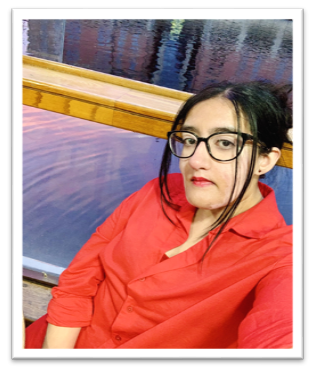The journey
After studying Psychology (BSc), I studied Clinical Skills in Integrative Psychotherapy (MSc). At this stage, I was sure a career in Clinical Psychology was what I wanted. By volunteering during my MSc, I built my experience in supporting adults facing physical and mental health challenges. After my MSc, I presented my research at a poster conference and engaged in various media opportunities to disseminate the findings.
Eventually, after countless applications trying to secure a role that would enable me to gain the experience to begin my career towards Clinical Psychology, I worked as a Mental Health Recovery Support Worker. Whilst I recognised this role was not ideal, I also knew that it would begin to provide real-world experience. After, I felt ready to move onto something new much faster.
I began working as a Mental Wellbeing Practitioner. I enjoyed this role and valued the chance to improve patient lives whilst putting my MSc knowledge into practice by carrying out assessment formulations. Though, I realised I increasingly missed research and soon I was offered a Research Assistant role in the Applied Health Research Hub at the University of Lancashire, where I work on various projects within health and wellbeing. I truly enjoy every bit of it and I am glad I have been able to switch between practitioner and research work as i build my career.
It is important to recognise that my earlier roles directly working in the mental health field have been formative in providing me with the experience to carry out my research role. Now, when the opportunity arises, I am confident further PhD study will strengthen my academic research skills propelling me to go further in this field.
If I could go back in time, what would I tell my younger self to do?
Hang tight it’ll take time. Move through setbacks with flexibility in your approach and continue to be proud of your achievements. Recognise the value in the initial roles to help you reach your career goals.

Use these links to go back to the Psychology Futures home page and the Psychology Futures blog page.
Gain Rise points for feedback! We want feedback on Psychology Futures, so please read the participant information sheet and complete the short survey. As a thank you we will reward you with two Rise points for completing the survey. You can offer feedback on multiple resources, gaining up to 10 Rise points.






